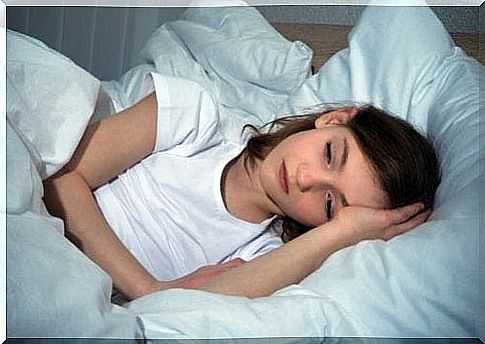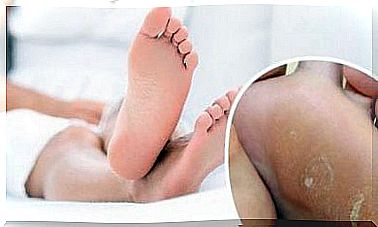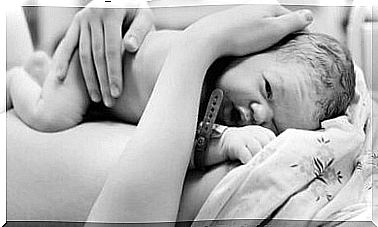Night Sweats – 5 Reasons We Should Know

Night sweats are normal when air temperature and pressure are high. If these factors are not present, excessive sweating during the night could be a symptom of the disease.
Believe it or not, night sweats are common for many people. Sometimes we experience it because we have a cold or have a minor infection. In addition, night sweats are common during menopause.
Nevertheless, it is still essential that we correctly diagnose this condition. Interestingly, there is an organization called the International Hyperhidrosis Association that does research to raise awareness of this problem.
While not everyone who suffers from night sweats also experiences excessive sweating, this problem often affects those in treatment facilities. In many cases, the cause of excessive sweating is insomnia, stress, or anxiety caused by sleepless nights.
In other cases, however, it may be due to an underlying, more serious illness. These types of ailments should be treated. Here are five factors that can trigger night sweats.
1. Night sweats and side effects of certain medications
Excessive sweating at night can be a side effect of various medications.
The Department of Psychiatry at the University of Pennsylvania has proven that many antidepressant treatments increase sweating during the night.
- However, this side effect is not known to all patients. In fact, only 14-20% of patients notice increased sweating during the night.
- Likewise, sweating may be a side effect if you take a lot of pain or inflammation medications.
So don’t hesitate to talk to your doctor about any symptoms or side effects that may be related to the medications you are taking.

2. Hyperthyroidism
This is by far the most common cause of night sweats.
They are also symptoms that are easier to spot than night sweats when we make a diagnosis.
- We should always remember that when the thyroid gland experiences changes related to the hormone thyroxine, our metabolism is affected. One of the main consequences is heat sensitivity and excessive sweating.
- Additionally, we may also experience palpitations when we are in bed, ringing in the ears, and insomnia.
3. Hodgkin’s or common lymphoma
At the beginning of this article, we talked about the fact that, in some cases, night sweats are a symptom of more serious medical conditions.
- Hodgkin’s or common lymphoma are just such examples. It is a type of cancer that forms in lymphocytes, which are a fundamental part of the immune system.
- The excessive sweating, which is normal in this condition, can affect the lymphatic system.
- In general, the main symptoms that appear in lymphoma patients are swollen lymph nodes in the armpit or in the groin area.
Nevertheless, it is worth remembering that lymphoma can be treated effectively and has a high survival rate.

4. Hypoglycemia
Night sweats are also a common symptom of hypoglycemia. For example, patients with type 1 diabetes often experience frequent states of hyperhidrosis during the night. This is because there is an imbalance in glucose levels.
This is for a specific reason: the pancreas does not release insulin. Consequently, the body begins to sweat excessively to compensate for this internal change.
5. Heartburn or poor digestion
Surely this has happened to you before: you eat too much or eat something that makes you sick, then wake up in the middle of the night in a sweat.
- The above description illustrates how our body reacts to imbalances, threats or internal changes in the body.
- Additionally, we must also consider that the gastroesophageal canal is also associated with this symptom.
- You may feel exhausted, experience chest pain and difficulty breathing while suffering from this ailment. If this happens and you experience these symptoms frequently, see your doctor.
- As soon as the diagnosis is made, the disease can be treated and your life will be normal again.

Bottom line: never consider these kinds of symptoms as “normal”. Night sweats are not normal if it is not hot in your room. Go to the doctor and explain how you feel and what is happening to you.









